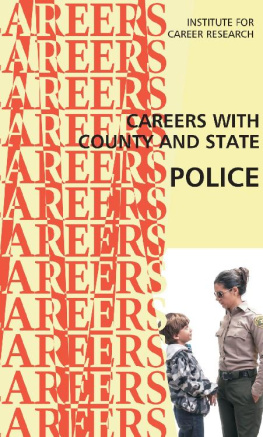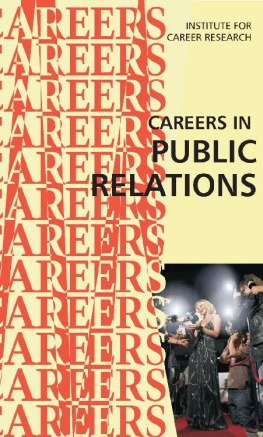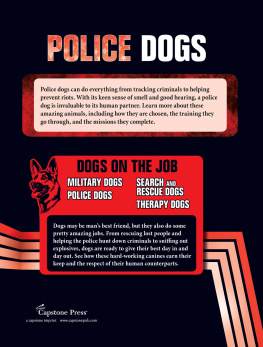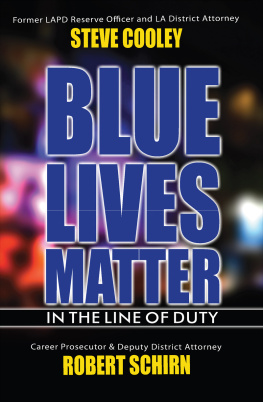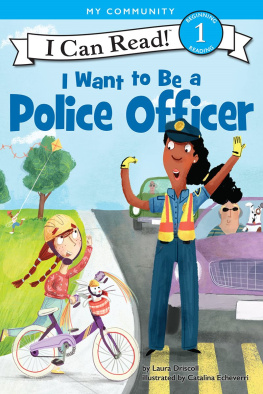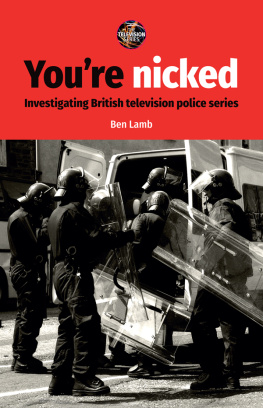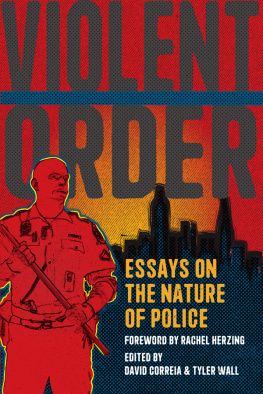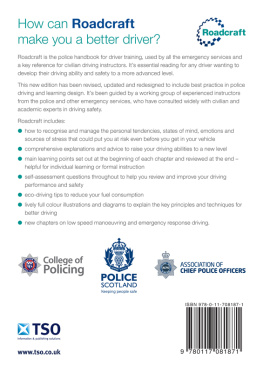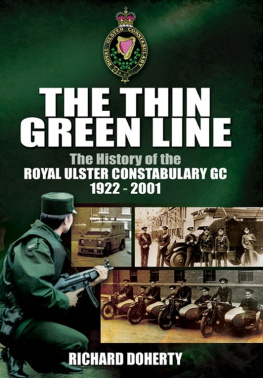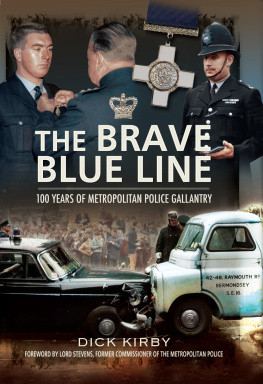
SERVING AND PROTECTING:
ENABLING US TO GO ABOUT OUR
LIVES IN SAFETY AND ASSURANCE
Overview
Earnings
- Sworn police officers: $25,000 to $65,000
- Sheriffs: $35,000 to $50,000
- County chief law enforcement officers: $37,000 to $75,000
Traits Required
- Honesty
- Integrity
- Good judgment
- Sense of responsibility
- Drug free
- Enjoy working with people
- Physically fit
The Work You Will Do
- Direct traffic
- Breaking up riots
- Investigate an accidents or crime
- Render first aid
- Assist in rescue operations
- Patrol a beat
- File reports
Where You Will Work
- County police department
- State Police department
- Sheriff's Police department
- County Jail
Education Required
- Police science or Criminal justice majors
- Associates or Bachelor's degree
- Intensive training program at the police academy
- Continuing education
Pluses
- No two days are alike
- Every case is unique
- The pay is very good
Minuses
- Inherently dangerous work
- Irregular hours
- Health related dangers
Introduction
Picture if you can what would happen if all of the police should suddenly disappear for 24 hours. Traffic at some of the major intersections would deteriorate into a hopeless mess with motorists trying to go every direction at the same time. Criminals would be free to loot stores, breaking store windows, and cleaning out their contents. Cars would speed unimpeded on expressways and other thoroughfares, thereby increasing the chances for auto accidents considerably, and there would be no one to call for help or to render first aid and other assistance at the site of traffic accidents - no one to direct traffic, to call for ambulances to take the victims to the hospitals. In short, civilized life would become unimaginable and hopelessly out of control.
This gives you some idea of the importance of our police in maintaining law and order in our society, in protecting lives and property, and in general, enabling us to go about our lives in safety and assurance. Because of the protection police give us, we are reasonably certain that in the event of a crime, accident, or other disturbance, we will be protected, and the criminals and guilty parties apprehended.
We depend upon our police for a lot - much of which we may take for granted. The police form a "thin blue line," as someone once described it, against criminals, and the breakdown of society. And as such they are daily putting their lives and their safety in jeopardy so that we can live in relative comfort and security.
Because of the increased incidence of crime, drugs, gang activities and lawlessness in general, police work has been a growth industry in the last few decades and the end is nowhere in sight. Today there are over 600,000 sworn police officers in all branches of government - federal, state, county and local or metropolitan forces, and many thousands more of special police, who cover college campuses, large factories, and so forth.
Of these, over 50,000 work as state police, and almost 150,000 as county or sheriff's police. And the total cost for police work has been estimated at about $40 billion - a lot, but reasonable when you consider what would happen were there no police.
This report concentrates on one segment of the police complement - state police and county, or sheriff's police - to see what they do in the general area of police protection.
Get Into Action Now
Now that you have some information about sheriffs and state police, are you still interested in the career? If so, there are many things that you can do right now, while you are still in school, that will make it easier for you to get started after you complete school.
To begin with take as many courses as you can in the area of civics and political science, English, American history, psychology, sociology, chemistry, physics and a language, such as Spanish, which can be very helpful.
Physical education and sports - participation in your school's athletic program - can help develop the physical stamina and agility you will need on the job.
Talk to police. Find out what they like and dislike about the job, what the duties consist of, and what the pay and benefits are like.
Check with your school guidance counselor or librarian to see what literature, or videotapes and films are available. And write to the professional organizations in this field to see if they have any literature on police careers that might be useful.
Plan on going to college, if at all possible, at least for two years, with a major in criminal justice, or law enforcement. While only a high school diploma is required in many departments, the picture is changing rapidly, and more and more departments are now requiring at least two years of college or even a degree.
Finally, many departments, state and county, sponsor high school explorer troops which are aimed at helping you to understand what is involved in police work. And this can be an excellent bridge to getting started in police work.
History of the Profession
Police work, or at least the police function, protecting lives and property, goes back almost to the beginning of history. In many ancient societies, the military handled the police function. In ancient Rome for example, the military of the Caesars represented the law. Augustus Caesar, who became emperor in 27 BC, formed the first nonmilitary police force, known as the vigiles, who were responsible for keeping the peace and fighting fires in ancient Rome.
In the 800s, England developed a system of criminal justice based on citizen responsibility. Communities were divided into "tithings" (groups of 10 families) and each tithing was responsible for the behavior of its members. All males 16 and over stood watch duty. When crime struck, all able bodied men joined in the "hue and cry" (chasing the suspect). Each shire, or county, was headed by a "reeve" (chief) from which we get the term "shire reeve" or sheriff.
In 1750, Henry Field, a London judge, or magistrate, formed a group of law enforcement officers known as the Bow Street Runners. It was their duty to run to the scene of a crime to capture the criminal and begin an investigation.
Then in 1829, Sir Robert Peel, a British official, began the London Metropolitan police. It is from Peel's first name, Robert that the term "Bobbie," for policeman, is derived. And it is Peel who is considered the father of modern police departments.
In America, the Colonists based law and order on the old English watch, or shire, system in the towns and in the villages of New England. In the Southern colonies, sheriffs had the job of keeping the peace.
As the frontier expanded westward, sheriffs and marshals enforced the law as peace officers. But since law enforcement was primitive or nonexistent, citizens would often take it upon themselves to enforce the law by acting as vigilantes to capture and punish suspected outlaws.
The Texas Rangers, first organized about l835, patrolled the Mexican frontier and tracked down cattle rustlers and other criminals. It is Pennsylvania which gets the credit for forming the first state police force organized as such. State police organizations have been established primarily because it became unfeasible for governors always to call on the militia to enforce the law. Today every state except Hawaii has uniformed state police. A quarter of the states employ their officers exclusively to enforce laws and regulations governing the operation of cars and trucks on the highways. State police patrol operations are ordinarily restricted to unincorporated areas, although a few states restrict them by statute.
Next page
